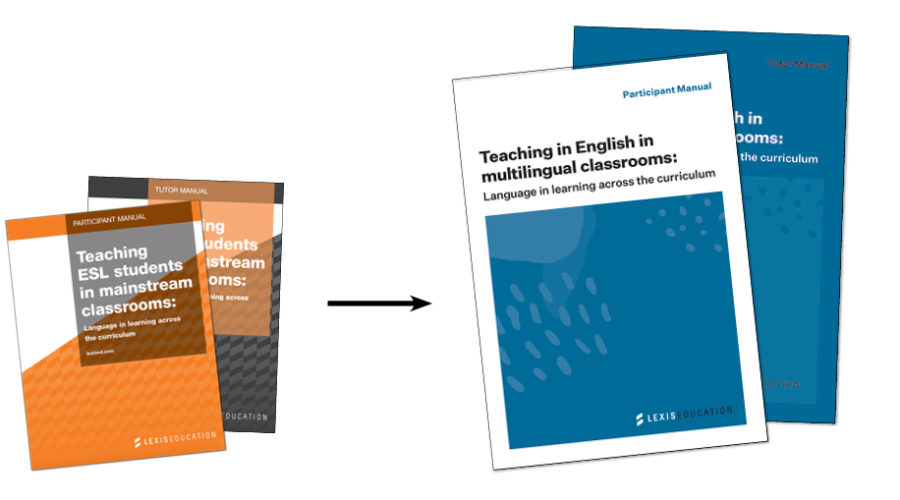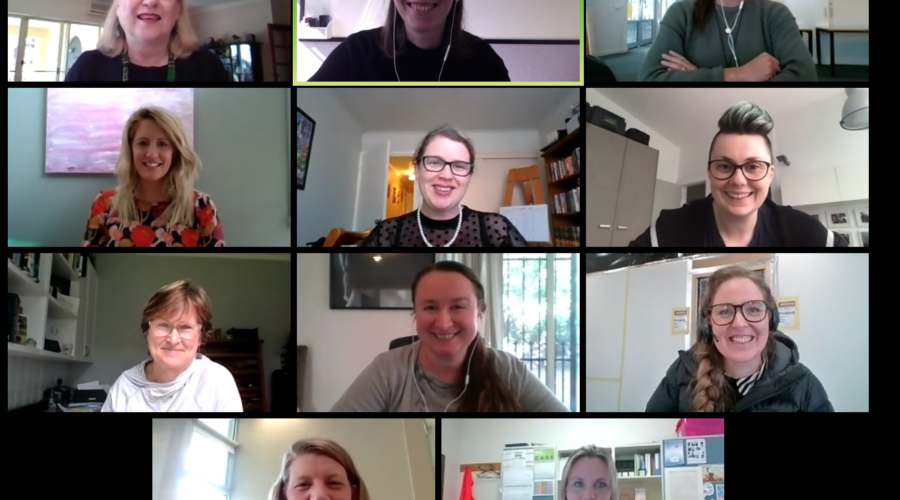In this case study, Kate Gibbs, Teacher and Literacy coach at St Joseph’s College Geelong, explains how she used functional grammar to improve her students’ writing, using Mary Shelley’s Frankenstein as a set text. This is an excellent article for anyone interested in understanding how …
20% off our Tutor Training programs until 20 Dec 2021
Lexis Education is 20 years old! To mark our anniversary, truly an occasion worth celebrating, we are offering 20% off all our upcoming tutor training programs (offer valid until 20 Dec 2021). The TEMC tutor training is AUD3,880 instead of AUD4,850 The 3L tutor training is AUD3,480 instead …
How to identify language patterns
Many curricula around the world are now requiring teachers and students to have a shared knowledge about language. An explicit understanding of linguistic resources allows students to make powerful choices in a range of contexts. In this way, students are not only able to express the meanings …
TEMC vs TESMC: What’s changed?
A lot of our tutors have been wondering what exactly has changed with our new TEMC course and whether they should keep delivering TESMC or move to TEMC. In this email, we give you the lowdown on the changes and what it means for you as a tutor. Brand new name Teaching ESL students in …
Outstanding feedback from our new courses
Our new TEMC and 3L remote tutor training courses have received a tremendous response from teachers from around the world. We are humbled to see our work being received with such positivity and enthusiasm, and we look forward to bringing an explicit language-based pedagogy to more schools. …
Announcement: Lexis Education/EAL Academy partnership
We are excited to be announcing our partnership with the EAL Academy, school improvement specialists and leaders in the fields of academic literacy, ethnic minority achievement and EAL. The EAL Academy will be the exclusive provider of our 3L: Language and literacy for learning tutor training in …




